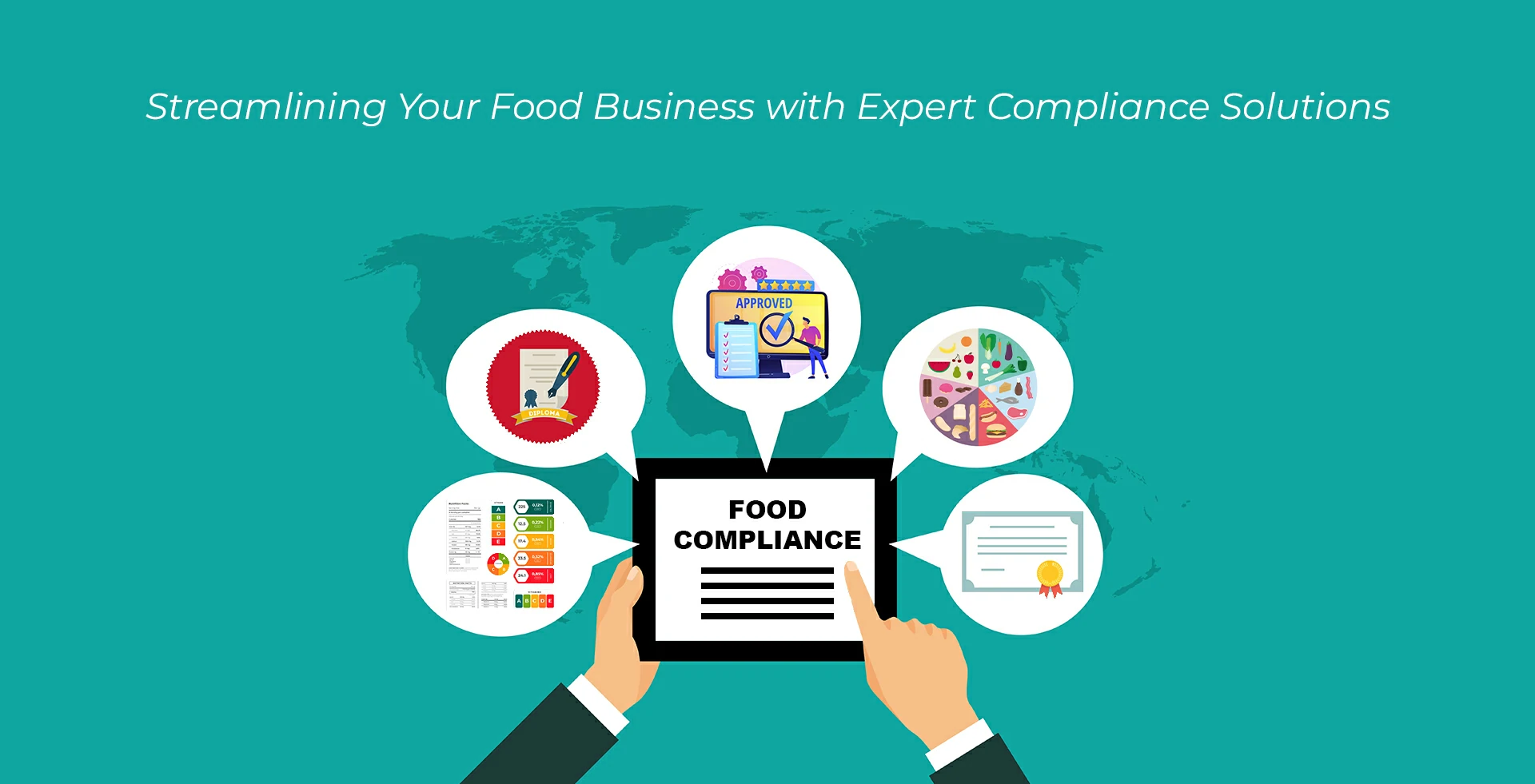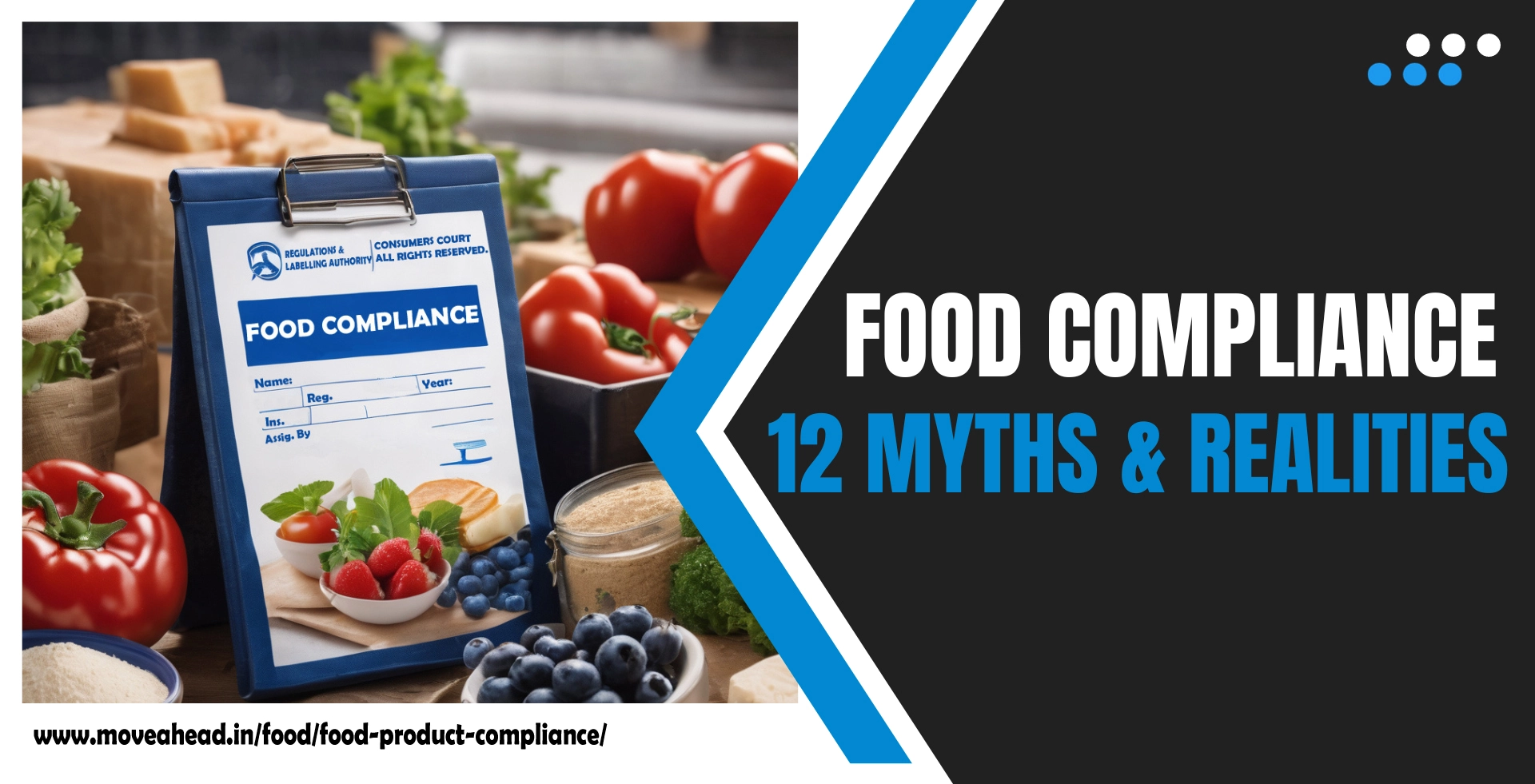Understanding Food Labelling Regulations in India
 1st February, 2023
1st February, 2023
Understanding Food Labelling Regulations in India
Food Labelling is an effective tool to protect consumer health regarding food safety and nutrition. Marketers can use labelling to encourage potential buyers to purchase the product as it helps grab the audience's attention. Also, they can ensure compliance checks concerning categorization, claims and nutritional value. A food label is any tag, brand, mark, pictorial, or other descriptive matter written, printed, stencilled, marked, embossed, or impressed on or attached to a food or food product container. All "Pre-packaged" foods should comply with the labelling regulations in India.
Food labels notify consumers about the nutritional values and ingredients, manufacturers, health claims, possible allergens, or other potentially threatening health information. The ingredient list on the food label is essential for people with allergies and food intolerances. It is also vital for people concerned with their religious affinities or who do not want certain ingredients. Food labelling stops consumers from buying counterfeit products. It helps understand what is in the food and ensures food safety through storage and cooking instructions. Also, it can help avoid harmful reactions from food and provides date markings to reduce food waste. In recent times people have become more aware of the relation between diet and lifestyle diseases, and Nutrition labelling helps the consumer to make the right choice.
Food labelling, nutrition labelling, and claims legislation are concentrated in FSS (Labelling and Display) Regulations, 2019, and FSS (Advertising and Claims) Regulations, 2018. For packaging material FSS (Packaging) Regulation, 2018. For product standards, FSS (Food Products Standards and Food Additives 2011, Regulation). Label compliance should also consider the Legal Metrology Act 2009, which includes Rules for Net quantity, Retail Sale Price, and Consumer Care details. As India is experiencing a dietary shift, with people increasingly choosing healthier foods, FSSAI issued a new draft notification called the FSS (Labelling & Display) Amendment Regulations, 2022.
This will include the definitions of "Front-of-pack nutrition labelling" and "High fat, sugar, salt food," their manner of declaration and other additions, including India's very own Nutrition Rating System (INR). The INR system rates the overall nutritional profile for packaged food by assigning it a rating from ½ star (least healthy) to 5 stars (healthiest). More stars indicate that the food product is better positioned to provide for the daily human need for nutrients. The importance of food labelling cannot be overstated. Many businesses have frequently neglected critical elements linked to FSSAI food labelling standards and languished in the "disapproval" area. It is not only a legal necessity for food producers but also assists consumers in making informed purchasing decisions and safely storing and using the food they have purchased.





